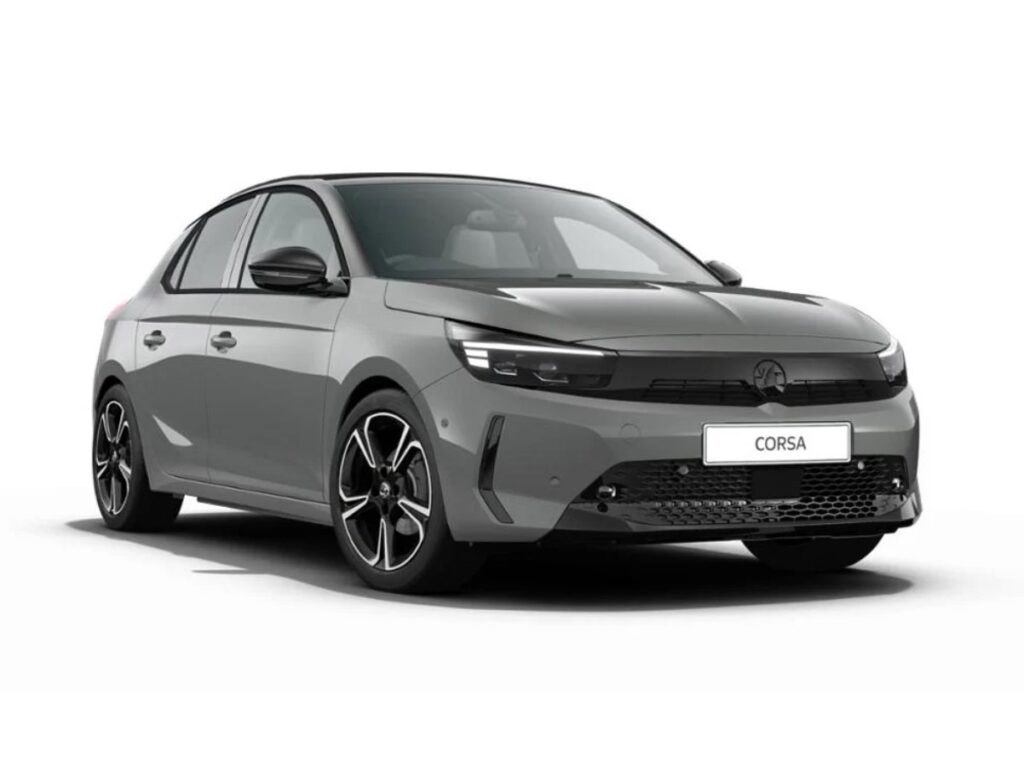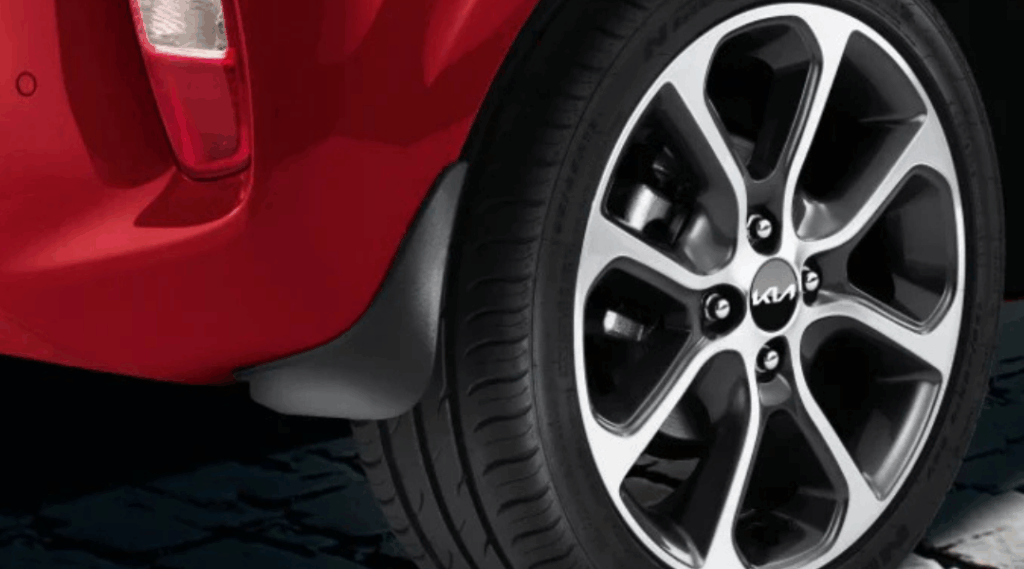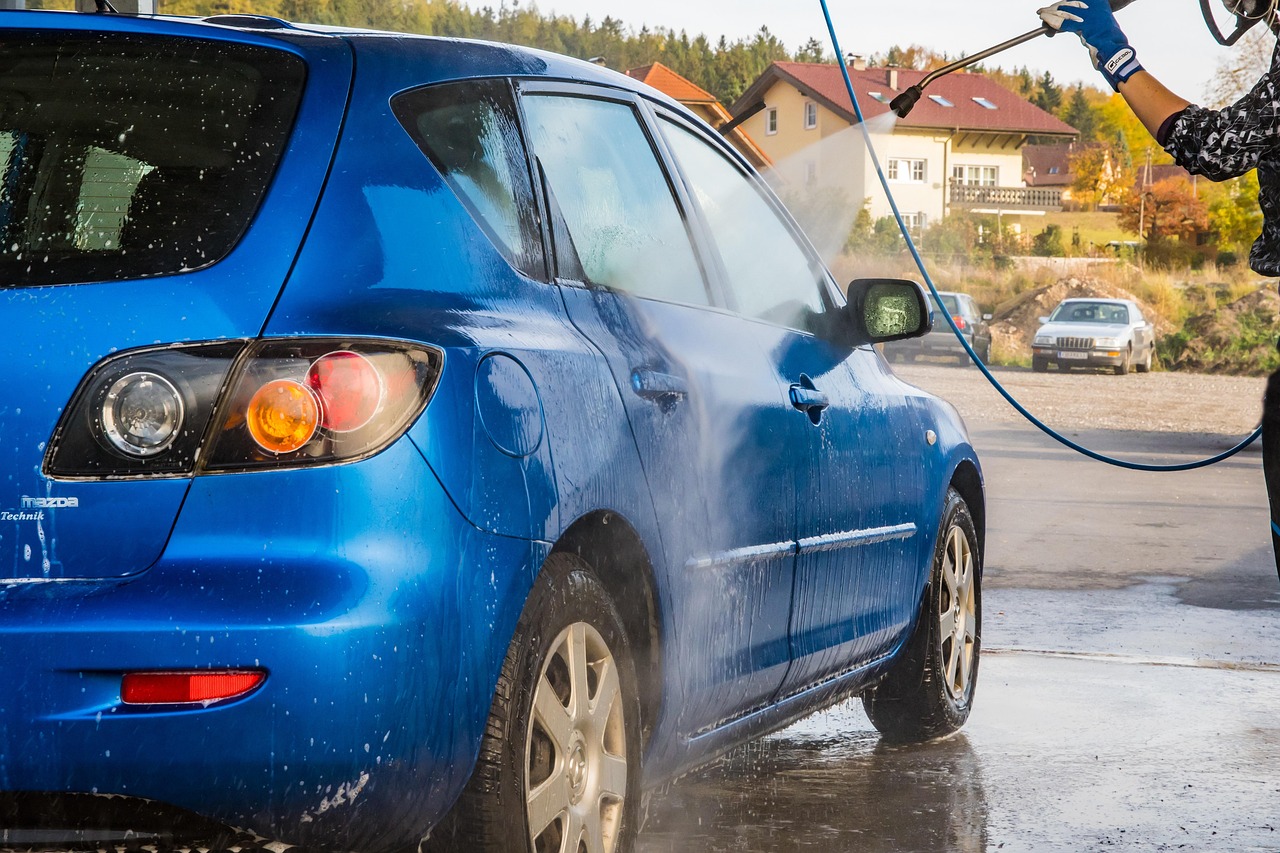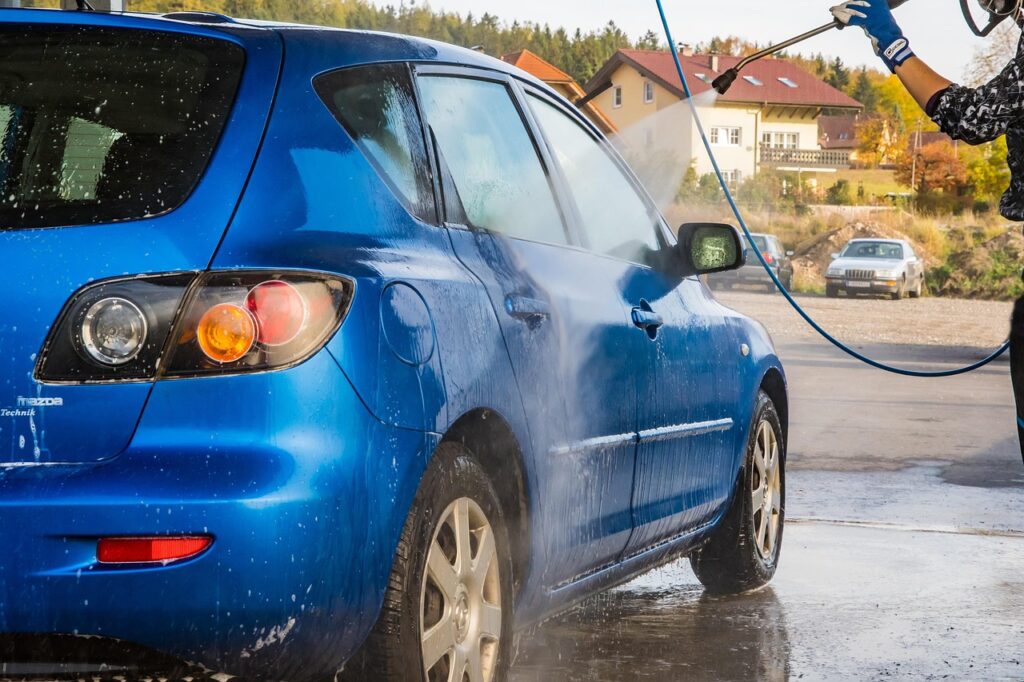Buying a new car is one of the biggest purchases most of us make in life, and the decision between buying new or used can feel overwhelming. While used cars can offer upfront savings, there are many compelling reasons why buying a new car is often the better long-term investment. From warranty protection to cutting-edge safety technology and better fuel efficiency, choosing a brand-new vehicle has plenty of advantages that go beyond the glossy showroom finish.

Peace of Mind with Full Warranty Coverage
One of the most appealing aspects of buying a new car is the manufacturer’s warranty. Most new vehicles come with at least a three-year warranty (and often longer), covering major repairs and parts replacement. This gives you peace of mind knowing that if something goes wrong, you won’t be hit with hefty repair bills. Some warranties even include breakdown assistance or roadside recovery, adding an extra layer of protection.
Used cars, especially those over five years old, are usually out of warranty unless you purchase expensive extended cover. And while they may still run fine, there’s always a risk of unexpected issues that can cost hundreds – if not thousands – to fix.
The Latest Safety Features
Car manufacturers are continually improving vehicle safety, and new models are equipped with the latest advancements. From autonomous emergency braking (AEB) and lane assist to adaptive cruise control and blind spot monitoring, these systems are designed to prevent accidents and protect occupants.

Many of these technologies simply aren’t available in older cars. Buying a new car means you’re benefiting from innovations that meet the latest Euro NCAP safety standards – something especially important for families or those who spend a lot of time on the road.
Improved Fuel Efficiency and Lower Emissions
Fuel economy has become a major focus for both consumers and carmakers. Newer vehicles, whether petrol, diesel, hybrid or fully electric, are engineered to be more efficient and eco-friendly than older models. The savings on fuel over time can be substantial, especially if you opt for a hybrid or electric car.
Lower emissions also mean lower vehicle tax and, in some cities, exemption from clean air zone (CAZ) charges. Buying new could help you avoid future restrictions as environmental regulations tighten.
Customisation and Personalisation
Another benefit of buying a new car is the ability to customise your vehicle to suit your preferences. From paint colour and alloy wheels to interior trim, technology packages and optional extras, a new car lets you pick and choose exactly the car accessories that you want.

With used cars, you’re limited to what’s available on the market at the time, and compromises are often necessary. If you want a car that ticks all your boxes, ordering new gives you the freedom to build your perfect vehicle.
Lower Maintenance Costs
In the first few years, a new car typically requires less maintenance than an older one. With modern engineering and fewer miles on the clock, there’s less wear and tear – and if issues do arise, they’re often covered under warranty. Additionally, new cars often include service packages or fixed-price servicing deals when purchased through the main dealer.
In contrast, older used cars are more likely to need replacement parts such as brakes, suspension components, or timing belts. These costs can quickly add up and offset any initial savings.
Better Finance Options and Offers
Manufacturers and dealers often provide attractive finance deals on new cars, including 0% interest rates, deposit contributions, or low monthly payment plans. Personal Contract Purchase (PCP) and lease deals are particularly popular and can make driving a new car surprisingly affordable.
Used cars may have higher interest rates and fewer promotional deals. Plus, with a new car, you’re getting better value for your monthly payment in terms of reliability, safety, and features.
The Joy of Being the First Owner
While this one’s a little more emotional than practical, there’s something undeniably satisfying about being the first person to own a car. There’s no history to worry about, no strange smells or hidden damage, and everything – from the engine to the infotainment system – is brand new. For many, that fresh car smell and clean slate are worth paying a little extra for.

Although a used car can be a smart choice in certain situations, there are numerous reasons why buying a new car remains a popular and sensible option. From reliability and safety to long-term savings on maintenance and fuel, new cars offer benefits that can outweigh the initial cost. Whether you’re upgrading for practicality, performance, or peace of mind, going new could be the best decision for your next vehicle.


